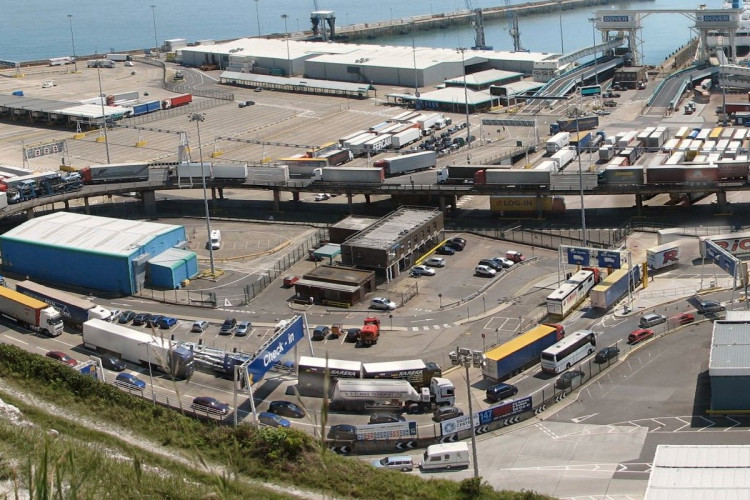The Cold Chain Federation has issued a stark warning to the UK government, expressing concerns that the proposed Border Target Operating Model, set to be implemented on April 30th, 2024, could severely disrupt the country's food supply chain and lead to increased food prices for consumers.
The Cold Chain Federation, representing the temperature-controlled logistics industry in the UK, has addressed a letter to Defra Secretary Steve Barclay, outlining the potential detrimental impacts of the government’s plan to impose full border checks on imports from the EU. The federation highlights that this plan poses significant challenges to the transportation of temperature-sensitive plants and animal products, such as various types of meat and fish.
Phil Pluck, Chief Executive of the Cold Chain Federation, emphasised the impending administrative burdens and higher costs that EU food businesses supplying the UK will face under the new regulations.
Pluck predicts that many EU suppliers may cease exporting to the UK altogether, particularly smaller artisan producers, while those who continue may need to pass on increased costs to consumers, potentially resulting in higher prices for food items.
“We can also expect cost increases and food wastage as a result of unnecessary delays, disruption and paperwork confusion, because cold chain operators and their EU customers are still waiting for clarity in a number of areas about what they will actually need to do. We are still waiting to hear from the Government about how some key parts of the new process will work, and we have serious concerns about the readiness of the Border Control Posts. The UK’s cold chain operators have identified strong solutions to many of the foreseeable problems, we are asking Government to work with us urgently to limit the damage,”
Pluck adds.
In their letter to the Defra Secretary, the Cold Chain Federation outlined several specific concerns, including the absence of assurances regarding temperature maintenance at Border Control Posts, the exclusion of same-day delivery provisions in the new operating model, and doubts about the readiness of Border Control Post facilities.
Additionally, the federation calls for the swift expansion of the ‘trusted trader pilot’ to enable proven operators to manage their secure inland control points, ensuring the uninterrupted transit and warehousing of goods. The requirement for more rigorous paperwork and inspections for temperature-controlled food consignments is also highlighted as potentially exacerbating existing problems.
Phil Pluck further stresses the importance of maintaining round-the-clock haulage operations by ensuring continued support for the issuing of Export Health Certificates. Failure to address these concerns, the federation warns, could lead to further disruptions in food supplies to the UK.






